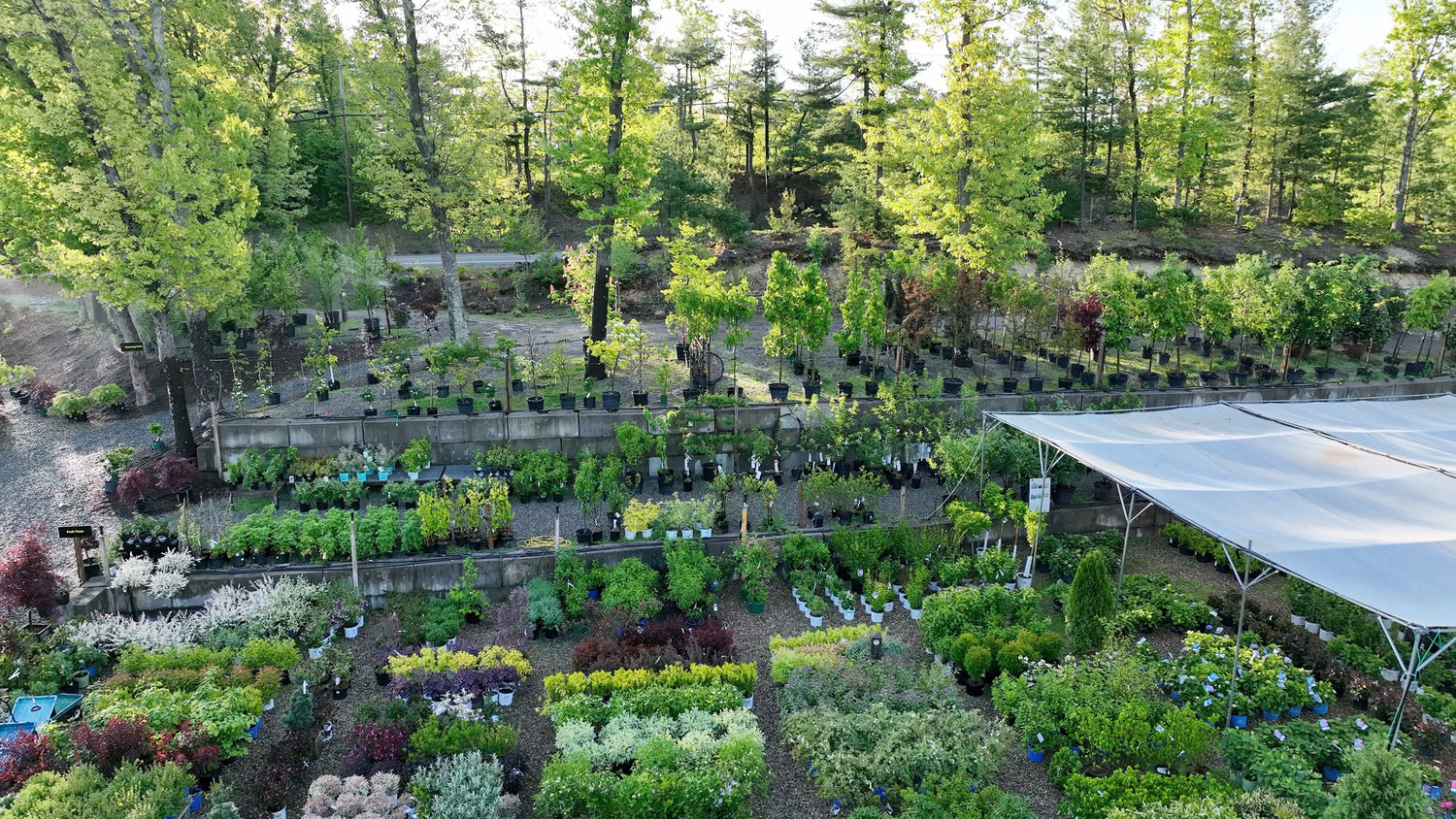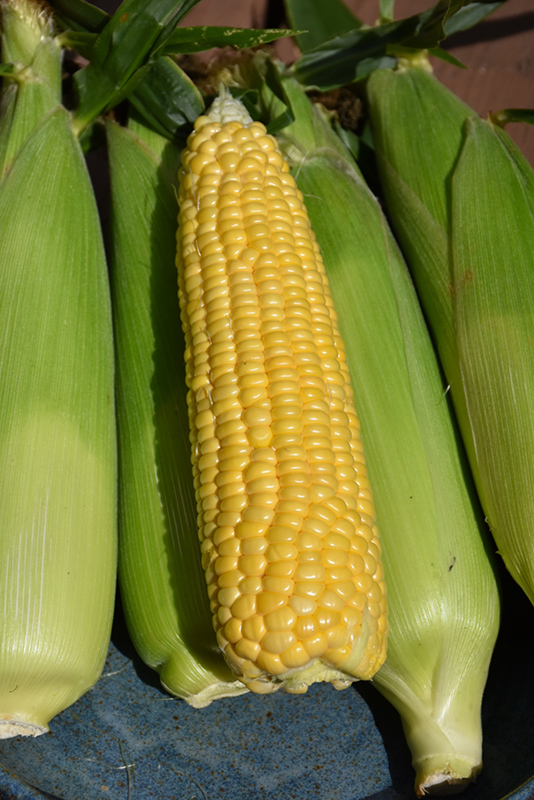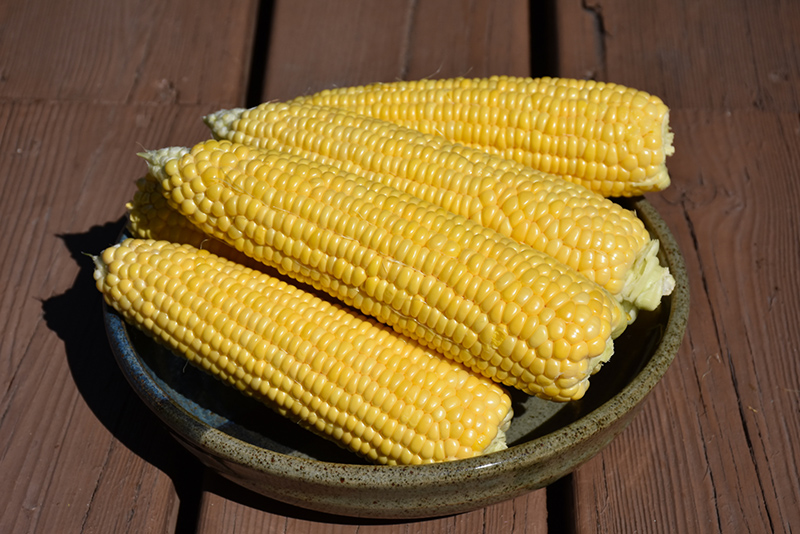Plant Guide
Height: 6 feet
Spacing: 15 inches
Sunlight:
![]()
Hardiness Zone: (annual)
Group/Class: Supersweet
Brand: Chef Jeff
Description:
A great variety that produces ears of corn that can reach up to 8 inches long; golden kernels are smaller and have a crisp texture; perfect for gardens or used as a natural screen in landscapes; ideal flavor for corn on the cob, corn salsas or salads
Edible Qualities
Supersweet Corn is an annual vegetable plant that is typically grown for its edible qualities, although it does have ornamental merits as well. It produces small cobs of yellow long kernels with gold overtones which are typically harvested when mature. The kernels have an exceptionally sweet taste and a crisp texture.
The kernels are most often used in the following ways:
- Eating When Cooked/Prepared
- Cooking
Planting & Growing
Supersweet Corn will grow to be about 6 feet tall at maturity, with a spread of 18 inches. When planted in rows, individual plants should be spaced approximately 15 inches apart. This fast-growing vegetable plant is an annual, which means that it will grow for one season in your garden and then die after producing a crop. This is a self-pollinating variety, so it doesn't require a second plant nearby to set fruit.
This plant can be integrated into a landscape or flower garden by creative gardeners, but is usually grown in a designated vegetable garden. It should only be grown in full sunlight. It does best in average to evenly moist conditions, but will not tolerate standing water. It is not particular as to soil pH, but grows best in rich soils. It is somewhat tolerant of urban pollution. This is a selection of a native North American species.




